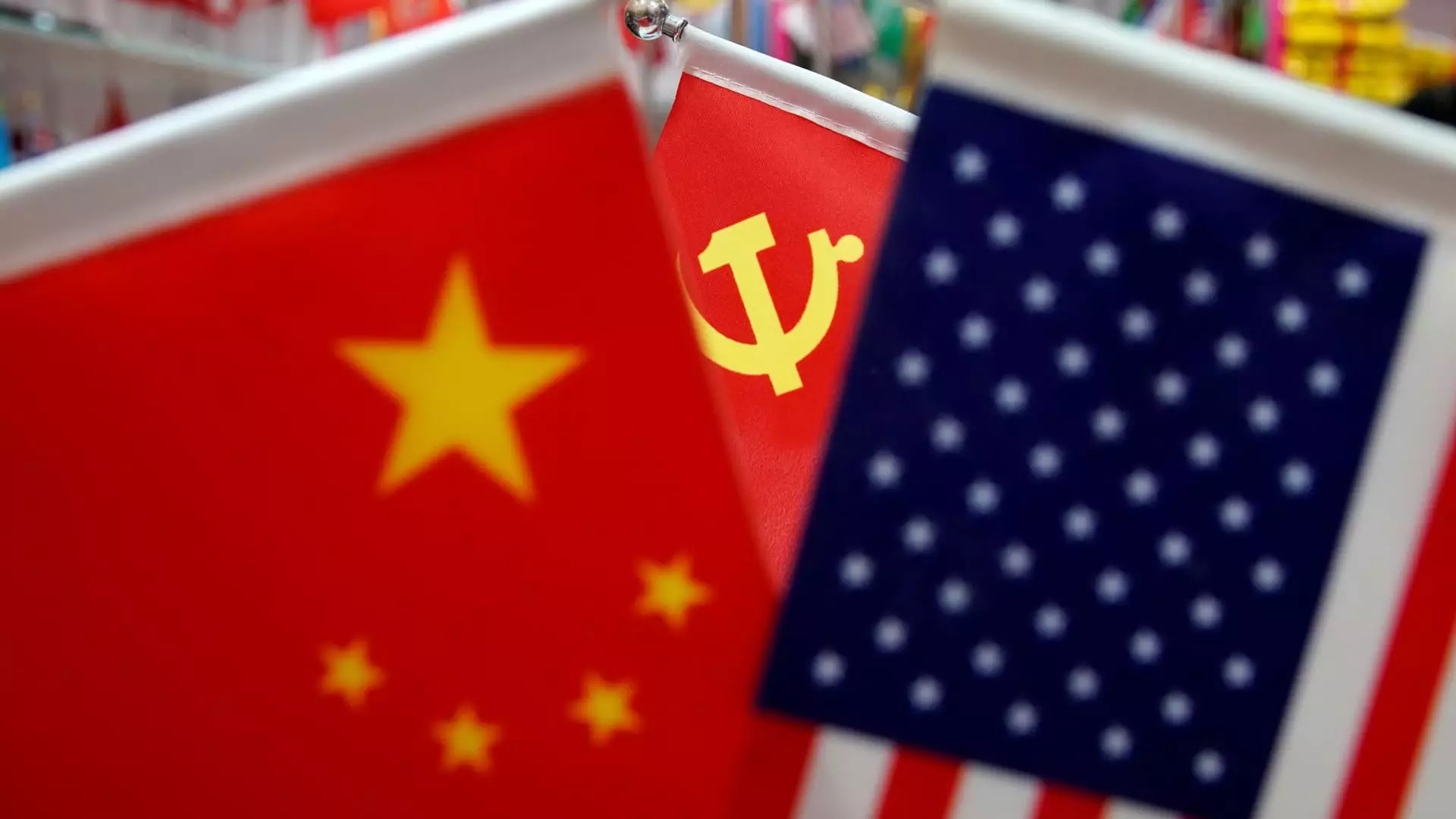In recent weeks, Chinese Vice Premier He Lifeng has engaged with multiple high-profile U.S. finance executives as Beijing intensifies efforts to strengthen economic relationships. This proactive approach comes in anticipation of potential tariffs anticipated from the incoming Trump administration. The strategic dialogue underscores China’s commitment to maintaining vital financial connections and reflects a broader pattern of engagement aimed at fortifying its economic prospects in the face of shifting political dynamics in the United States.
Meeting with influential leaders such as BlackRock’s Chairman and CEO Larry Fink, Goldman Sachs’ President John Waldron, and Citigroup’s CEO Jane Fraser, He Lifeng’s interactions point to Beijing’s calculated diplomatic strategy. By reaching out to prominent figures within the financial sector, China is signaling a willingness to foster dialogue despite the looming challenges posed by new U.S. leadership. Peter Alexander, founder of Z-Ben Advisors, emphasizes that China traditionally employs backchannel communications to establish relationships, effectively allowing them to navigate the complexities of international engagement.
The frequency of these meetings suggests that China is not only anticipating changes in U.S. trade policies but is also preparing to mitigate potential adverse impacts through established channels of communication. The presence of finance-heavy figures in Trump’s Cabinet, such as Scott Bessent and Howard Lutnick, further complicates the landscape, creating a diverse array of voices in the new administration that may influence trade policy.
According to analysts, the financial expertise residing within Trump’s administration could play a pivotal role in tempering potential trade protectionism. Cato Institute researcher Clark Packard asserts that the insights from Wall Street may provide a moderating effect on aggressive trade measures. Given the recent performance of U.S. stock markets, which are poised for significant annual gains, the stability of markets could very well influence the administration’s stance on tariffs and trade relations.
Packard’s insights also highlight a fundamental concern regarding market reactions and their implications for policy decisions. You can sense a growing trepidation among U.S. financial leaders about how tariffs might provoke negative reactions in the stock market, which could, in turn, affect broader economic conditions. Such concerns may lead to more cautious approaches from Trump’s administration, indicating a desire to balance domestic economic protectionism with maintaining healthy financial markets.
China’s recent measures to engage with Wall Street executives and its efforts to initiate stimulus plans reveal an underlying strategy of preparedness. As articulated by Zongyuan Zoe Liu from the Council on Foreign Relations, these moves reflect China’s awareness of possible economic strains and a recognition of the need for resilience in an evolving geopolitical climate. Beijing’s focus on fostering long-term foreign investments indicates a dual effort: both to strengthen domestic financial markets and to signal to the international community its openness to cooperation.
However, Liu pragmatically points out that while financial dialogues may ease tensions, the fundamental economic realities—such as tariffs—cannot be wholly mitigated through high-level conversations. The inherent nature of finance, particularly in the context of major multinational corporations, suggests that market pressures and profit motives will drive executives to pursue opportunities regardless of political climates.
The intricate web of U.S.-China financial interactions has evolved into one of the most dynamic aspects of their bilateral relations. Winston Ma, an adjunct professor at NYU School of Law, aptly captures this complexity by theorizing that cooperative cross-border finance can lead to mutual benefit, whereas antagonism can lead to mutual destruction—echoing Cold War sentiments.
As China endeavors to reshape its financial landscape to accommodate foreign investment, the implications for U.S.-China relations are substantial. Should financial leaders advocate for more stable trade partnerships, the likelihood of cooperative strategies might increase, promoting an environment conducive to economic growth. Conversely, if protectionist policies dominate the landscape, the potential for a tumultuous economic relationship looms large.
China’s recent outreach to U.S. financial executives illustrates a deliberate strategy aimed at safeguarding its economic interests during uncertain political times. These engagements are indicative of Beijing’s understanding that a strong financial relationship with the U.S. is pivotal for its long-term growth. By leveraging its existing relationships and fostering new ones, China is not merely reacting to external pressures but actively seeking to shape its economic destiny in an increasingly polarized global environment. As these dynamics unfold, the trajectory of U.S.-China economic relations will likely hinge on the balancing act between protectionism and cooperative engagement.


Leave a Reply